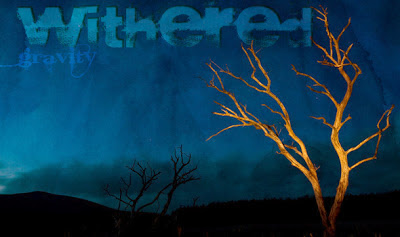Prosperity, Progress, and Power
We humans look at the zenith of our God-given potential and artistry and believe it is our highest good. We look at our cities and pride ourselves on our conquest of the environment. We look at our technology and medical advances and think that we can control our destinies. We look to our prosperity and think we can provide for our needs.
Yet in humanity’s great narrative, empires come and go. Every century presents a new world order. And in every case – the present power falls. Even though we have gone from tents to buildings, camels to cars, roads to airplanes, the constant in history is not power . . . but the replacement of power.
Mark 13 is the promise of the final replacement of power.
Scripture says the sun will darken and the moon will give no light. The stars will fall from above and the heavens will shake producing a cloud of God’s glory hovering over the kingdoms of the earth.
This, in other words, is God’s is final replacement of power. I argue Jesus’ ministry, death, resurrection, ascension and kingdom invite us to help God move us toward this end.
Theologically, this should offer us a scale of values that determine what is important and what is not. Is it progress or is it parousia? Is it earthly Kingdoms or is it the Kingdom of God? How many towers of Babel must we build before we realize progress for the sake of progress isn’t always beneficial?
In Mark 13, Jesus is saying, “My progress is what’s important, not yours. My kingdom is what matters – not yours.”
Yet we still spend our time, energy, incredible amount of resources and money, to keep our standard of living up and our way of life progressing. Churches still give 45% of their budget to maintenance, insurance, and repairs but only 10% to missions. Others take out $2.5 million loans to build additional educational space and fancier baptisteries while less than 10% of the budget goes to global aid. In the hard economic times some churches have even scrapped their mission budget entirely to concentrate more tithes into a mutual fund to save for a “rainy day.”
Jesus puts the nail in the coffin by saying in Mark, “Don’t you get it . . . not one stone you build will be left standing.”
This shape of the future must add a new agenda to our present way of living. We must be people who care more about God’s future, God’s people, God’s Kingdom – not our own. We must be a people who give our time, energy, resources, and money to God’s global kingdom – not our own. We must be people who realize the future is in God’s hands – not our own; unless we think the bible is saying something different.


.jpg)

Comments